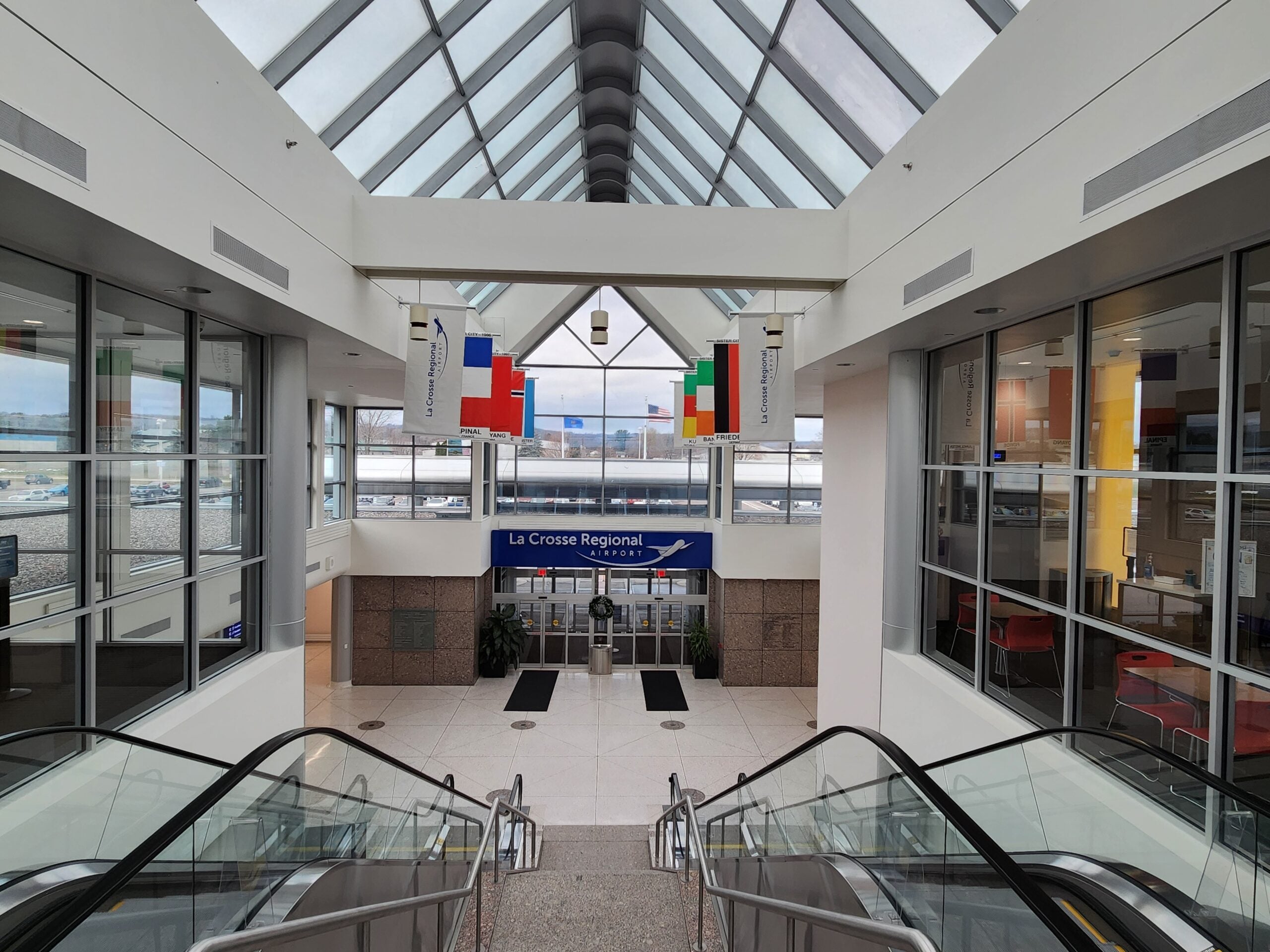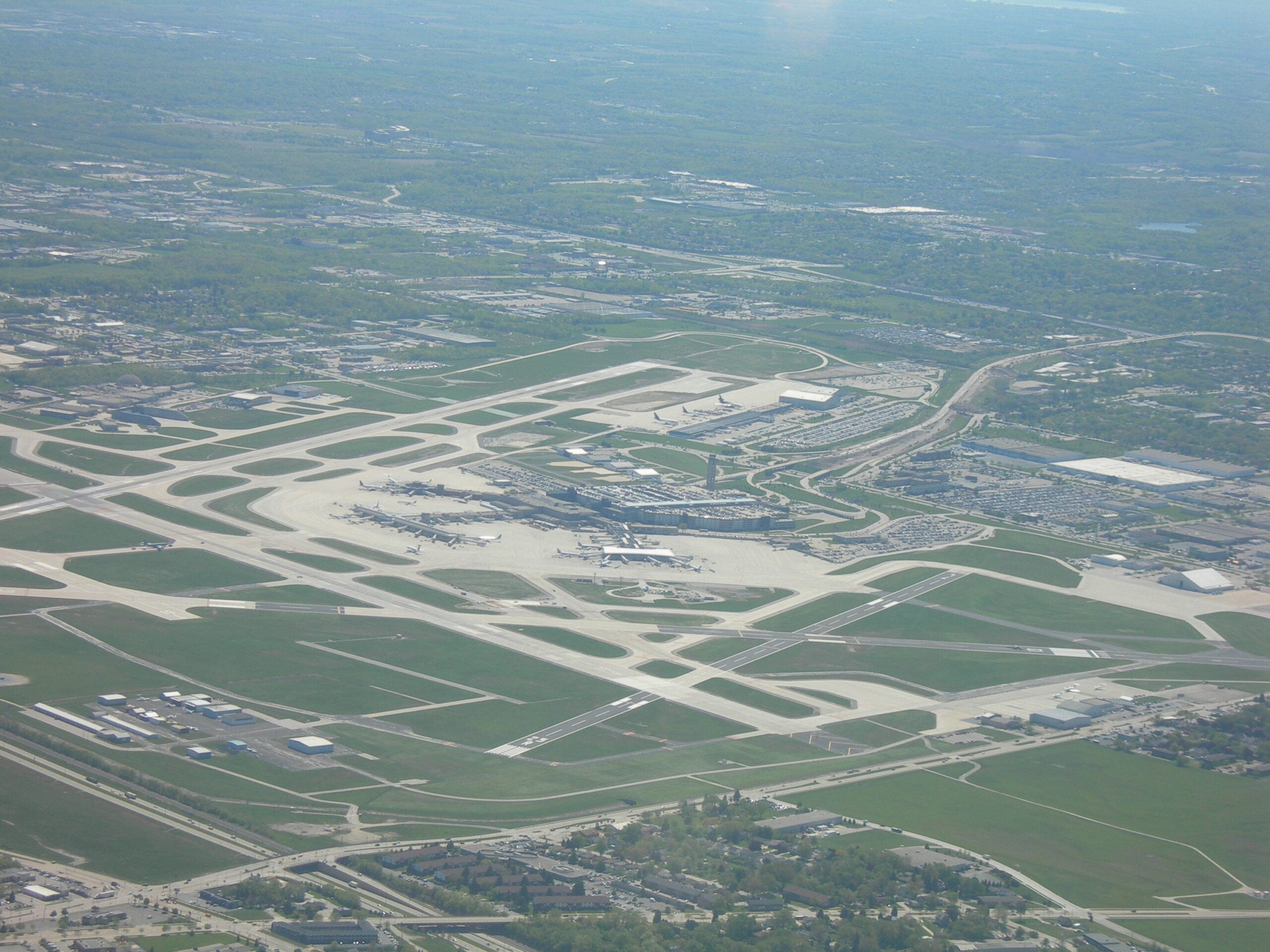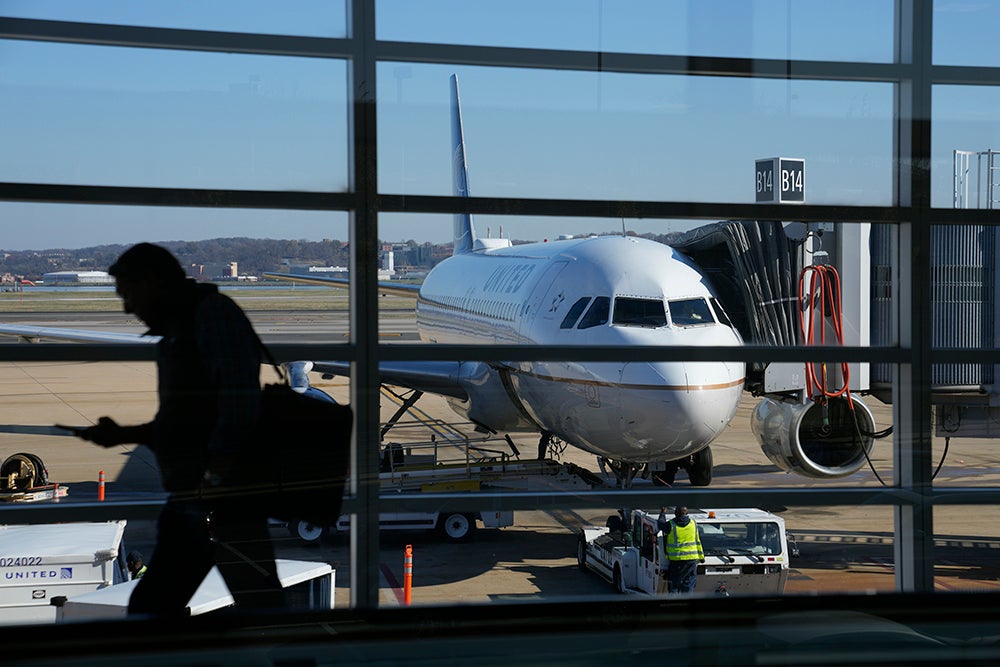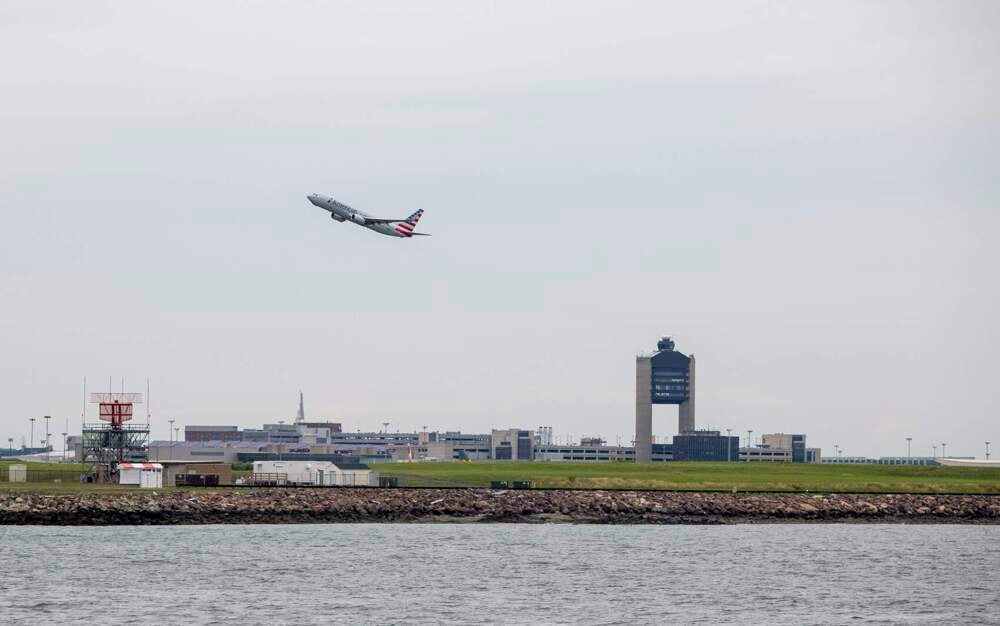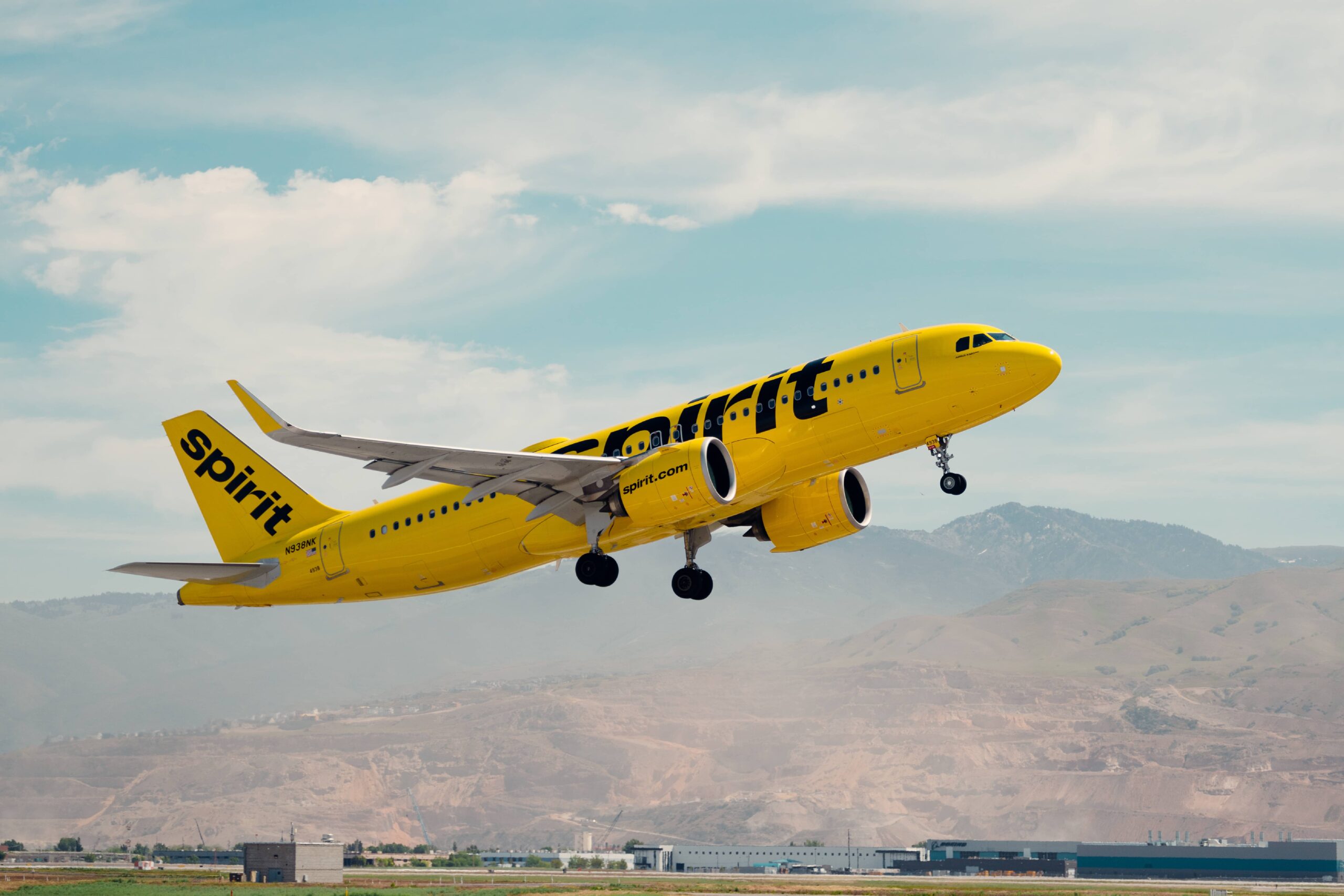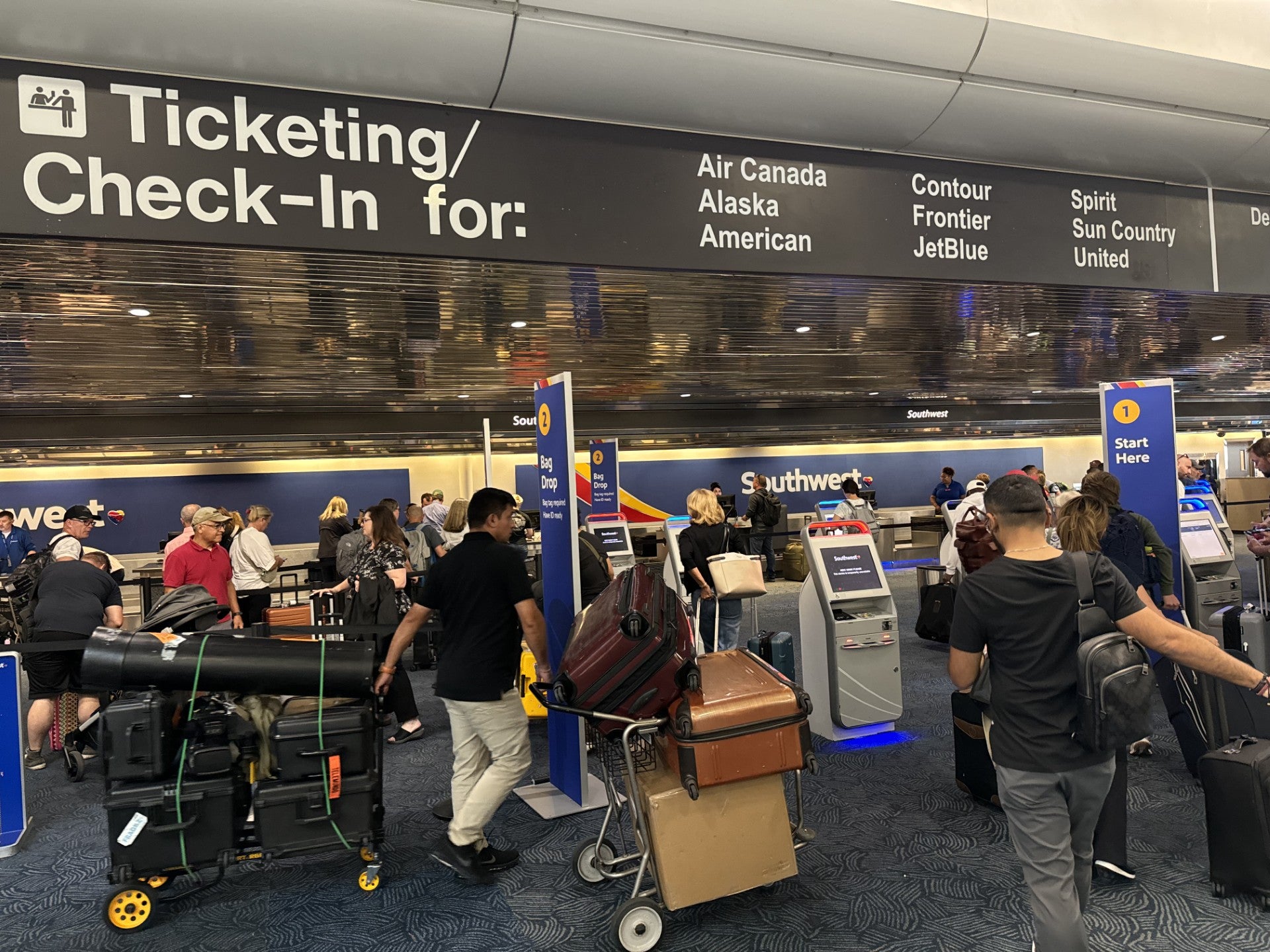An effort by the La Crosse Regional Airport to attract a new airline is gaining momentum after years of declining service.
The La Crosse County Board of Supervisors approved up to $250,000 in funding to provide a minimum revenue guarantee to a new airline. The funding pool reduces financial risk around adding a new service by supplementing revenues if ticket sales fall short during the first year.
“It’s very common practice — almost to a point where if you don’t have this, it makes it very difficult to attract a new airline,” said JD Roberts, business manager for the La Crosse Regional Airport.
News with a little more humanity
WPR’s “Wisconsin Today” newsletter keeps you connected to the state you love without feeling overwhelmed. No paywall. No agenda. No corporate filter.
The airport is working to add service to a new major airport like Minneapolis or Denver. American Airlines is currently the only provider in La Crosse, which operates three daily flights to Chicago. In 2024, La Crosse had around 38,000 enplanements, or people boarding a flight, according to statistics provided to the city’s Aviation Board.
The latest service number is a major decline from where the airport was prior to the COVID-19 pandemic. In 2019, more than 95,000 people flew from the airport, and destinations included Minneapolis and Detroit through service by Delta Air Lines.
Roberts said Delta dropped all flights to La Crosse in 2023 in response to a shortage of pilots and equipment that started during the pandemic.
“They opted to pull out of a number of regional airports around the country, leaving us with just our lone carrier, American Airlines,” Roberts said. “Which is still doing great, but it did pretty much chop our enplanement numbers in half.”
He said the airport hopes to talk with Delta as well as United Airlines about adding service.
Changing federal administration raises questions about regional airport funding
La Crosse City Council member Tamra Dickinson, who chairs the city’s Aviation Board, said the city has been working on a plan to bring in an additional service for years. She said losing Delta flights not only affected ticketing, but also had an impact on other business operations like parking and rental car services.
“It’s made a difference in the amount of services that we can offer, such as restaurant services, those kinds of supportive services at the airport, because of the limited number of outgoing departures,” she said.
Dickinson said adding more flights could also help lower the cost of tickets, further incentivizing business and leisure travelers to skip the drive to a larger airport.
Roberts said the airport also plans to apply for federal funding through the U.S. Department of Transportation’s Small Community Air Service Development grant. The airport previously received the grant in 2017.
He acknowledged the changing federal administration creates some uncertainty around the future of transportation funding.
“Anytime the administration changes, there’s differing opinions and different values put on different things,” Roberts said. “We just have to kind of keep on rolling with the changes and the programs.”
Funding for regional airports was a repeated question during the U.S. Senate committee hearing for former Wisconsin U.S. Rep. Sean Duffy, who is President Donald Trump’s pick for transportation secretary.
Duffy, who represented northern Wisconsin’s 7th Congressional District from 2011 to 2019, promised not to make cuts to the Essential Air Service program. It subsidizes rural airports that would otherwise lack scheduled flights.
“In my old congressional district, in Rhinelander, we have an Essential Air Service airport,” Duffy told committee members. “Eau Claire, Wisconsin, is one as well. So again, I’m well aware of individuals who live in areas that aren’t close to these larger airports.”
Duffy’s recently nominated deputy, Steven Bradbury, co-authored a chapter in the Heritage Foundation’s Project 2025 policy document that proposed eliminating Essential Air Service funding.
Wisconsin Public Radio, © Copyright 2025, Board of Regents of the University of Wisconsin System and Wisconsin Educational Communications Board.

